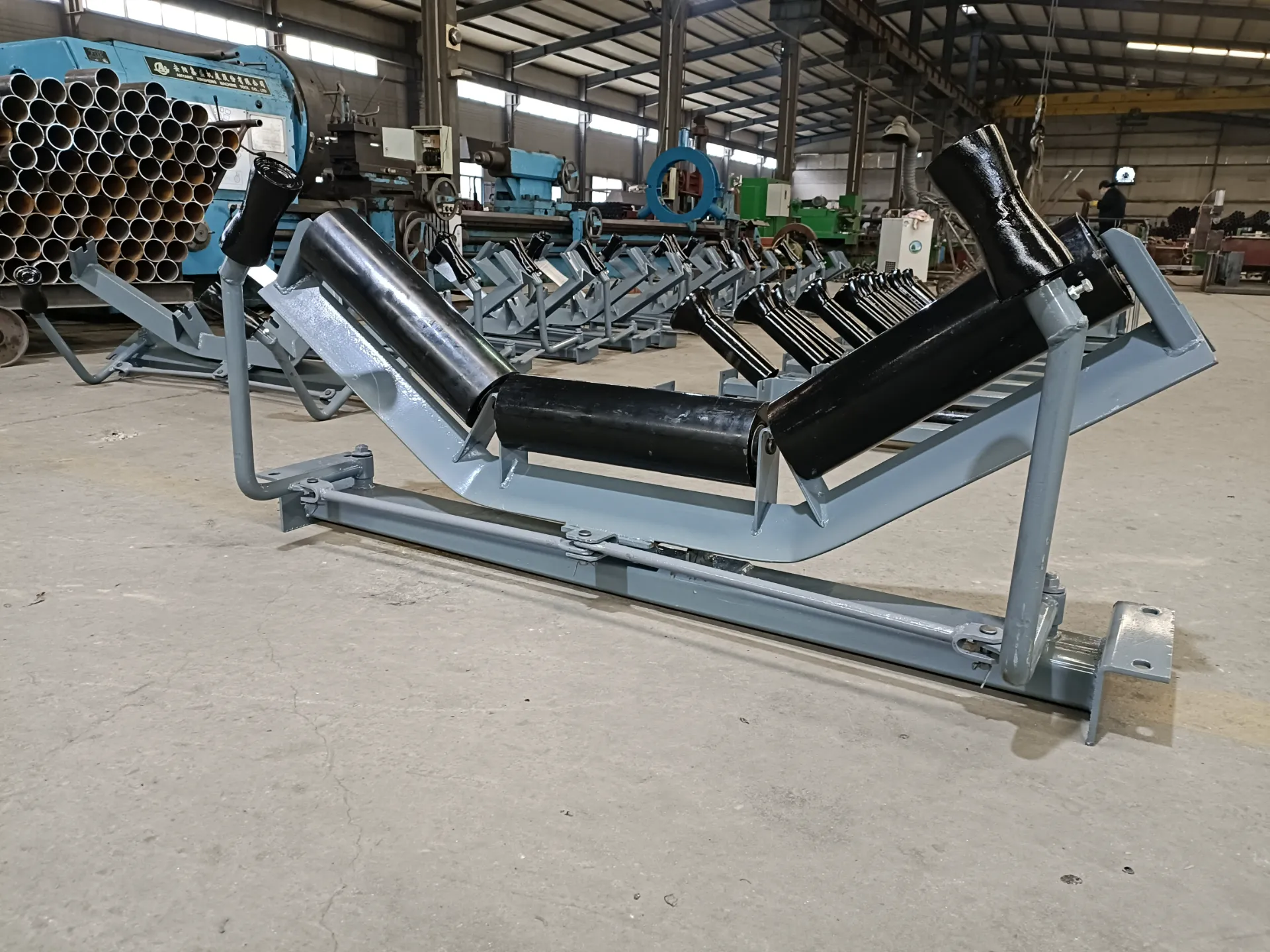 Afrikaans
Afrikaans  Albanian
Albanian  Amharic
Amharic  Arabic
Arabic  Armenian
Armenian  Azerbaijani
Azerbaijani  Basque
Basque  Belarusian
Belarusian  Bengali
Bengali  Bosnian
Bosnian  Bulgarian
Bulgarian  Catalan
Catalan  Cebuano
Cebuano  Corsican
Corsican  Croatian
Croatian  Czech
Czech  Danish
Danish  Dutch
Dutch  English
English  Esperanto
Esperanto  Estonian
Estonian  Finnish
Finnish  French
French  Frisian
Frisian  Galician
Galician  Georgian
Georgian  German
German  Greek
Greek  Gujarati
Gujarati  Haitian Creole
Haitian Creole  hausa
hausa  hawaiian
hawaiian  Hebrew
Hebrew  Hindi
Hindi  Miao
Miao  Hungarian
Hungarian  Icelandic
Icelandic  igbo
igbo  Indonesian
Indonesian  irish
irish  Italian
Italian  Japanese
Japanese  Javanese
Javanese  Kannada
Kannada  kazakh
kazakh  Khmer
Khmer  Rwandese
Rwandese  Korean
Korean  Kurdish
Kurdish  Kyrgyz
Kyrgyz  Lao
Lao  Latin
Latin  Latvian
Latvian  Lithuanian
Lithuanian  Luxembourgish
Luxembourgish  Macedonian
Macedonian  Malgashi
Malgashi  Malay
Malay  Malayalam
Malayalam  Maltese
Maltese  Maori
Maori  Marathi
Marathi  Mongolian
Mongolian  Myanmar
Myanmar  Nepali
Nepali  Norwegian
Norwegian  Norwegian
Norwegian  Occitan
Occitan  Pashto
Pashto  Persian
Persian  Polish
Polish  Portuguese
Portuguese  Punjabi
Punjabi  Romanian
Romanian  Russian
Russian  Samoan
Samoan  Scottish Gaelic
Scottish Gaelic  Serbian
Serbian  Sesotho
Sesotho  Shona
Shona  Sindhi
Sindhi  Sinhala
Sinhala  Slovak
Slovak  Slovenian
Slovenian  Somali
Somali  Spanish
Spanish  Sundanese
Sundanese  Swahili
Swahili  Swedish
Swedish  Tagalog
Tagalog  Tajik
Tajik  Tamil
Tamil  Tatar
Tatar  Telugu
Telugu  Thai
Thai  Turkish
Turkish  Turkmen
Turkmen  Ukrainian
Ukrainian  Urdu
Urdu  Uighur
Uighur  Uzbek
Uzbek  Vietnamese
Vietnamese  Welsh
Welsh  Bantu
Bantu  Yiddish
Yiddish  Yoruba
Yoruba  Zulu
Zulu Effective Solutions for Maintaining and Cleaning Conveyor Systems Efficiently
The Importance of Conveyor Cleaning Equipment in Modern Industry
In today's fast-paced industrial landscape, the seamless operation of conveyor systems is crucial for maintaining productivity and ensuring safety. Conveyor belts are integral to material handling across various sectors, including manufacturing, logistics, and food processing. However, with regular use, these systems can accumulate dirt, debris, and residues that may hinder efficiency and pose hygiene risks. This is where conveyor cleaning equipment comes into play.
Understanding Conveyor Cleaning Equipment
Conveyor cleaning equipment refers to specialized tools and machines designed to maintain the cleanliness of conveyor systems. This equipment ranges from simple manual tools to sophisticated automated cleaning machines. The type of cleaning equipment utilized typically depends on the industry, the specific conveyor application, and the nature of the materials being handled.
For instance, in the food processing industry, conveyors must adhere to strict hygiene standards to prevent contamination. Thus, equipment such as belt scrubbers, high-pressure cleaning systems, and sanitizing solutions are vital. In contrast, heavy-duty industrial applications may require robust systems capable of removing grease, metal shavings, and other industrial debris.
Types of Conveyor Cleaning Equipment
1. Automated Cleaning Systems These systems are engineered for continuous operations where consistent cleanliness is required. They often employ high-pressure water jets, vacuum systems, and automated brushes to ensure that conveyor belts are cleaned efficiently without disrupting production schedules.
2. Manual Cleaning Tools Ranging from scrapers and brushes to handheld vacuums, these tools are essential for routine maintenance. They allow operators to quickly clean specific areas of the conveyor system, especially in hard-to-reach spots, ensuring that any buildup is addressed before it affects performance.
3. Persuaders and Wipers These accessories are used to dislodge debris and contaminants from the conveyor belt surface. They are particularly useful for keeping the conveyor free from material buildup, which can lead to misalignment and inefficiencies.
4. Drying Systems After cleaning, it’s often necessary to remove residual moisture to prevent slipping hazards and corrosion. Drying systems speed up the drying process and prepare the conveyor for the next batch of materials.
conveyor cleaning equipment

Benefits of Conveyor Cleaning Equipment
Investing in proper conveyor cleaning equipment offers numerous benefits for businesses that utilize conveyor systems
- Enhanced Productivity Regular and effective cleaning reduces the risk of equipment malfunction and downtime. Clean conveyors operate more smoothly, facilitating increased throughput and reduced operational costs.
- Improved Safety A clean work environment minimizes accidents. Slippery surfaces or hidden debris can lead to slips, falls, or other hazards, endangering employees' safety.
- Regulatory Compliance Many industries are subject to strict regulatory requirements regarding cleanliness. Using the right cleaning equipment helps businesses adhere to these regulations and avoid costly penalties.
- Extended Equipment Life Regular maintenance and cleaning of conveyor systems significantly prolong their lifespan. Removing dirt and debris prevents wear and tear that can lead to expensive repairs or replacements.
- Enhanced Product Quality In sectors such as food processing, maintaining cleanliness directly correlates with product quality. Proper cleaning practices ensure that no contaminants affect the products being processed.
Conclusion
In conclusion, conveyor cleaning equipment is a vital component of any industry that relies on conveyor systems. Its role in maintaining cleanliness, efficiency, and safety cannot be understated. As businesses strive for operational excellence, investing in appropriate cleaning tools and systems will not only protect equipment but also enhance overall productivity and compliance. Therefore, understanding the importance of these tools and implementing a robust cleaning strategy is crucial for modern industrial operations. By prioritizing cleanliness, businesses can ensure the smooth operation of their conveyors, ultimately leading to greater success in today’s competitive market.
-
Revolutionizing Conveyor Reliability with Advanced Rubber Lagging PulleysNewsJul.22,2025
-
Powering Precision and Durability with Expert Manufacturers of Conveyor ComponentsNewsJul.22,2025
-
Optimizing Conveyor Systems with Advanced Conveyor AccessoriesNewsJul.22,2025
-
Maximize Conveyor Efficiency with Quality Conveyor Idler PulleysNewsJul.22,2025
-
Future-Proof Your Conveyor System with High-Performance Polyurethane RollerNewsJul.22,2025
-
Driving Efficiency Forward with Quality Idlers and RollersNewsJul.22,2025





























